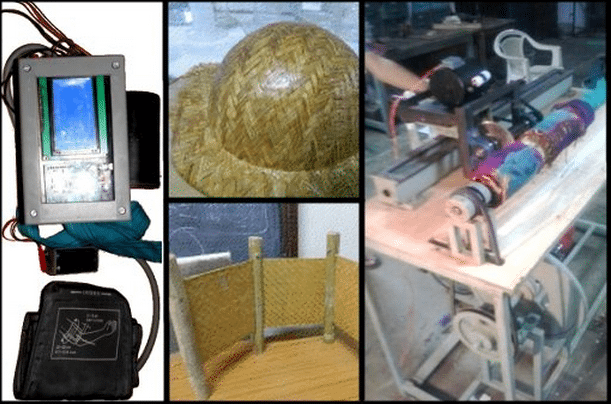Engineers know that uncounted thousands of graduate research papers and projects languish in university servers and boxes in closets. But one organization in India has recognized the value of students’ research and is working to stop the waste. For the past five years, the Society for Research and Initiatives for Sustainable Technologies and Institutions [SRISTI] has gathered more than 180,000 titles and abstracts of engineering research, representing the work of 550,000 students from 550 institutions. Each year, SRISTI and its partners in academia and the Indian government choose some of the most promising research and bestow the Gandhian Young Technological Innovation Award. The hope is to preserve the information for future use and to encourage students to conduct research that improves their communities.
“If million strong tech student community takes up unmet social needs of 650,000 villages, urban slums, small enterprises, public services, local bodies etc., as the subject of their course or final year projects, the quality of life of common people can be improved in no time,” Anil Gupta, founder of SRISTI, wrote in an introduction to the 2016 list of awards.
For this year, Gupta and his colleagues reviewed 2363 nominations from 276 institutions, selecting 19 innovations for awards and another 24 for appreciation.
The winners and the nominees span dozens of fields of engineering and there is a special emphasis on biotechnologies with 15 fellowships in medical technology included in the awards. Here we have drawn out a handful of award winners and special mentions that meet basic needs in marginalized communities.
E-Droid Meter
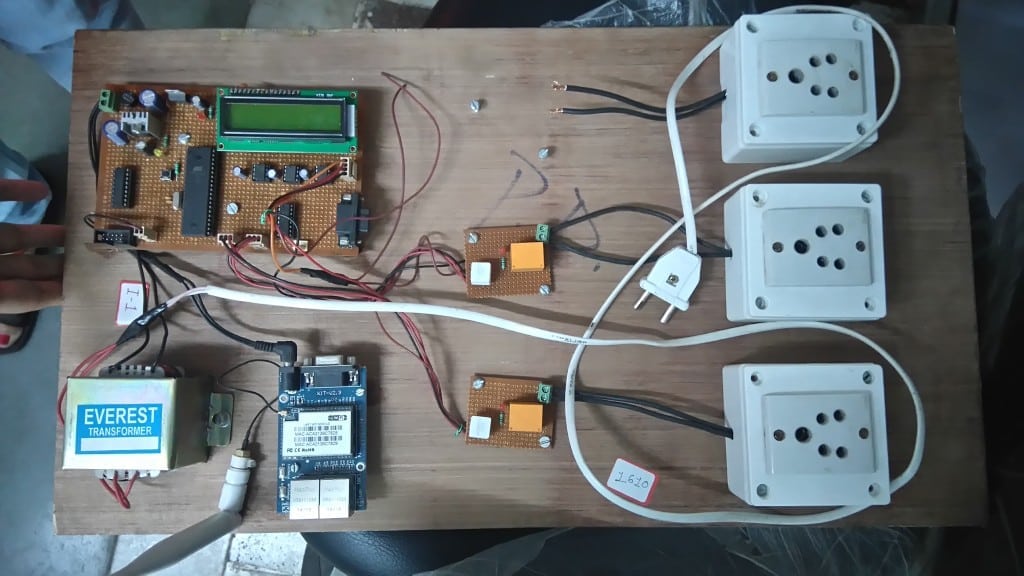 This power-saving device monitors household appliances and gives updates on their electricity consumption. The user can set limits and if an appliance consumes too much power the device will shut it off. It also allows users to turn off appliances remotely.
This power-saving device monitors household appliances and gives updates on their electricity consumption. The user can set limits and if an appliance consumes too much power the device will shut it off. It also allows users to turn off appliances remotely.
Backpack for carrying latex (natural rubber)
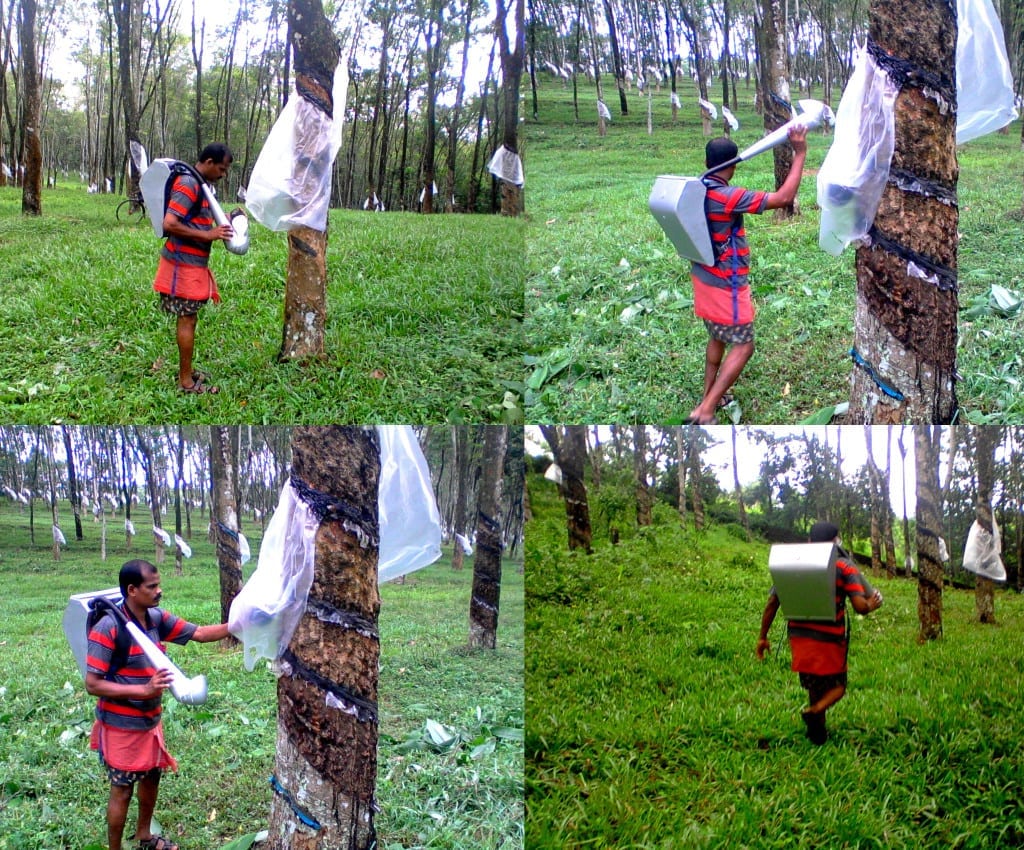 Hauling away latex – natural rubber – from the tree may have become easier with this backpack. The device is specially designed to store latex and its position on the back makes carrying easier than traditional buckets and other containers.
Hauling away latex – natural rubber – from the tree may have become easier with this backpack. The device is specially designed to store latex and its position on the back makes carrying easier than traditional buckets and other containers.
Semi-automatic jasmine flower knotter
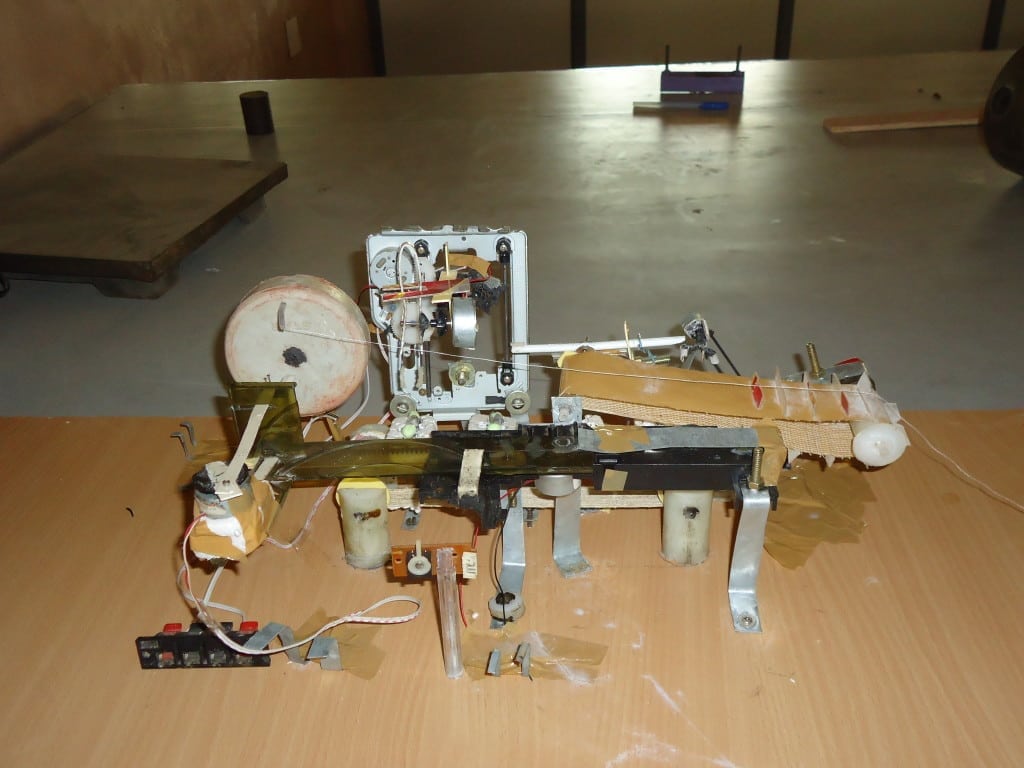 Winding jasmine flowers into garlands can be boring work, but flower growers in Tamil Nadu in southern India may get a break. This flower knotting device speeds the process and adds value to farmers’ work.
Winding jasmine flowers into garlands can be boring work, but flower growers in Tamil Nadu in southern India may get a break. This flower knotting device speeds the process and adds value to farmers’ work.
Hand stabilizer for people with tremors
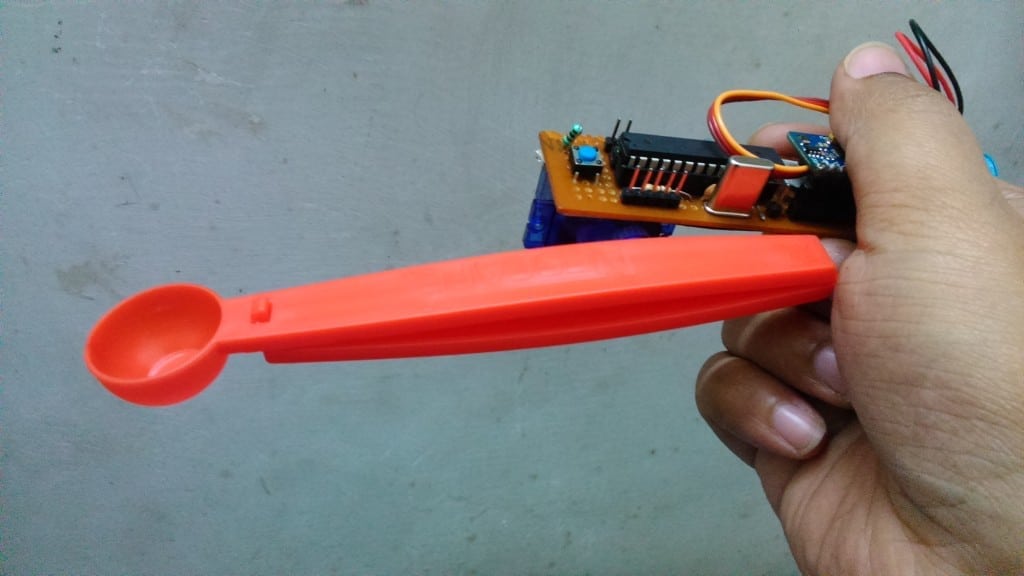 Parkinson’s patients and other people who can suffer from tremors might find some relief in this “self-stabilizing smart handheld platform.” The device can help shaky hands hold a pen or a spoon or other utensils by counteracting the tremors. A tri-axial accelerometer that senses movement signals a servo that moves the utensil in the opposite direction.
Parkinson’s patients and other people who can suffer from tremors might find some relief in this “self-stabilizing smart handheld platform.” The device can help shaky hands hold a pen or a spoon or other utensils by counteracting the tremors. A tri-axial accelerometer that senses movement signals a servo that moves the utensil in the opposite direction.
Paper microfluidic chip for milk drinkers
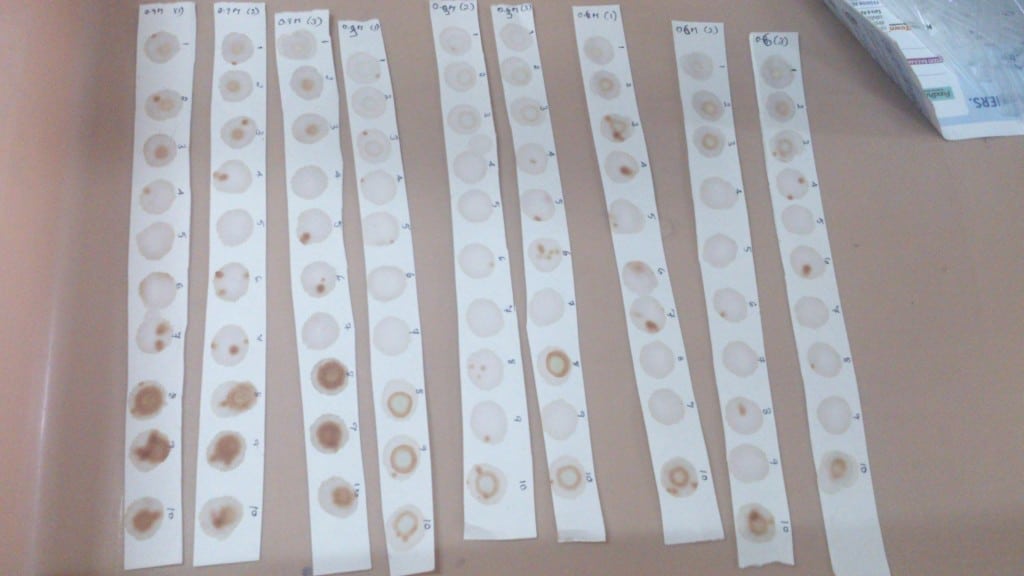 Shoppers and retailers can test milk for five contaminants and nutrients at once with a low-cost paper chip. The chip is a microfluidic lab imprinted with five reactants that will change color to indicate the presence of glucose, urea. detergent, starch and fat. When dipped into the milk, the paper’s natural capillary action draws the liquid through imprinted channels into each of the reservoirs containing a reactant. The cost in materials is low and the chips can be printed with a normal ink jet printer. While microfluidic paper chips for agricultural testing are not new, the innovation here is the combination of five tests into one low-cost chip, the designers say.
Shoppers and retailers can test milk for five contaminants and nutrients at once with a low-cost paper chip. The chip is a microfluidic lab imprinted with five reactants that will change color to indicate the presence of glucose, urea. detergent, starch and fat. When dipped into the milk, the paper’s natural capillary action draws the liquid through imprinted channels into each of the reservoirs containing a reactant. The cost in materials is low and the chips can be printed with a normal ink jet printer. While microfluidic paper chips for agricultural testing are not new, the innovation here is the combination of five tests into one low-cost chip, the designers say.

